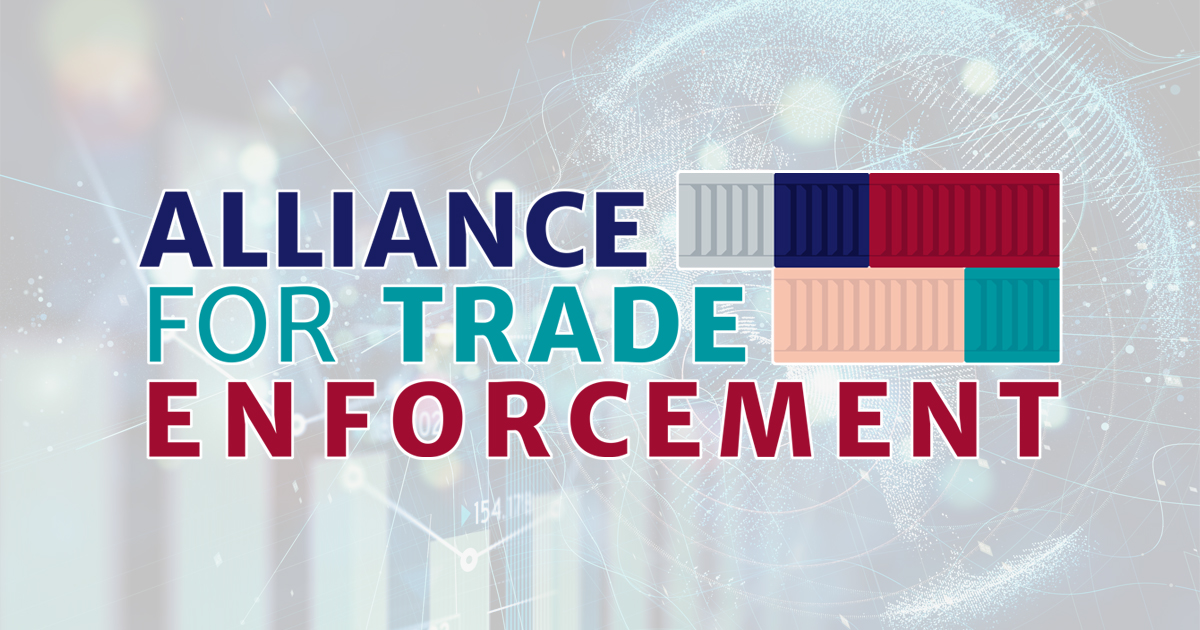|
In early September, U.S. Trade Representative Katherine Tai and Commerce Secretary Gina Raimondo hosted the first in-person ministerial meeting for the Indo-Pacific Economic Framework (IPEF), a prospective trade bloc that will encompass 14 nations accounting for 40% of the global economy.
After two days of talks, they announced negotiation objectives grouped into four pillars: Trade, Supply Chain, Clean Economy, and Fair Economy. However, the Biden-Harris administration has indicated that it will not seek to include market access provisions — such as reduced or zero-tariff commerce — in the trade pillar.
This omission will severely limit the scope and enforceability of the IPEF. Offering tariff concessions would entice countries to accept robust intellectual property protections and other provisions that benefit American companies and workers. It would also provide a useful cudgel to deter potential violations down the line.
Like any trade agreement, IPEF will only succeed if the parties consider themselves bound by its provisions and have an effective means of settling disagreements.
Such dispute resolution frameworks could take several forms. The most prominent model is the World Trade Organization’s dispute settlement process, which is based on detailed rules, agreed upon by the members in advance, and carried out by objective decision-makers through transparent procedures. Since 1995, over 600 disputes have been brought to the WTO and over 350 rulings have been issued. Importantly, the WTO agreements have “teeth.” If a panel determines that a member state is failing to comply with the terms of an agreement and has not withdrawn the offending measure, complaining members may retaliate against the member by withholding benefits (typically in the form of increased tariffs).
The United States-Mexico-Canada Agreement also offers a successful model. Though the agreement has only been in force for two years, the dispute resolution process appears to be functioning effectively and seems to have buy-in from the three parties, which have each participated in state-to-state disputes under the new procedures.
The success of the IPEF will likely rest on its enforcement mechanisms. AFTE strongly recommends the adoption of market access commitments, which will allow the parties to implement a dispute resolution process with actionable penalties.
|


